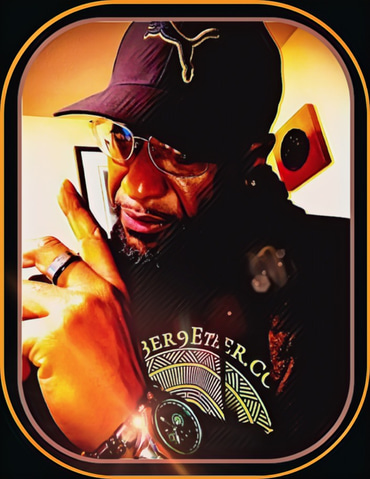The Illusion of Time: A Conceptual Journey through the Infinite


Time, an intangible force that governs our lives, is a concept deeply ingrained in our existence. From the ticking of a clock to the changing of seasons, time shapes our perception of reality. However, have you ever stopped to ponder the true nature of time? Is it an objective reality or merely a construct of our collective consciousness?
Scientifically speaking, time is defined as the fourth dimension, intertwined with the fabric of space in the concept of spacetime. According to Einstein's theory of relativity, time is not absolute but rather relative to the observer's frame of reference. This implies that time can be experienced differently by different individuals, leading to the notion that time is subjective.
Imagine two people, each living their lives at different speeds. One person's perception of time may be accelerated, while the other's may be slowed down. This phenomenon is known as time dilation and has been proven through various experiments, such as the famous Hafele-Keating experiment, which involved measuring the time difference between atomic clocks on planes and on the ground.
Time, as we understand it, is a human invention, a tool we use to organize our lives and make sense of the world around us. It is a social construct, an agreed-upon concept that allows us to synchronize our actions and events. The division of time into seconds, minutes, hours, and years provides us with a framework for measuring and tracking our life's events.
However, beyond our man-made divisions, time is an infinite and continuous entity. It stretches beyond our comprehension, transcending the boundaries of our mortal existence. Just as the universe itself is infinite, so too is time. It existed before our birth and will continue to exist long after we are gone.
Throughout history, visionary thinkers like Einstein and Nikola Tesla have challenged our understanding of time. Einstein's theory of relativity revolutionized our perception of time, showing us that it is not a fixed entity but rather a malleable dimension affected by gravity and velocity. Tesla, on the other hand, proposed the concept of time as an illusion, stating that "the distinction between past, present, and future is only a stubbornly persistent illusion."
As we bid farewell to the old year and welcome the new, the concept of time becomes particularly poignant. The turning of the calendar signifies a fresh start, a chance to reflect on the past and set new goals for the future. Yet, in the grand scheme of things, time is but a fleeting moment, a mere blip in the vast expanse of eternity.
In conclusion, the concept of time is a fascinating and complex subject that goes beyond the ticking of a clock. It is a construct of our collective consciousness, a tool we use to navigate our lives. However, time is also a deeply personal experience, unique to each individual. It is infinite, stretching far beyond our mortal existence, and has been the subject of contemplation by great minds throughout history. So, as we embark on another year, let us remember that time is not merely a measure of our lives but a reminder of the infinite possibilities that lie ahead.
